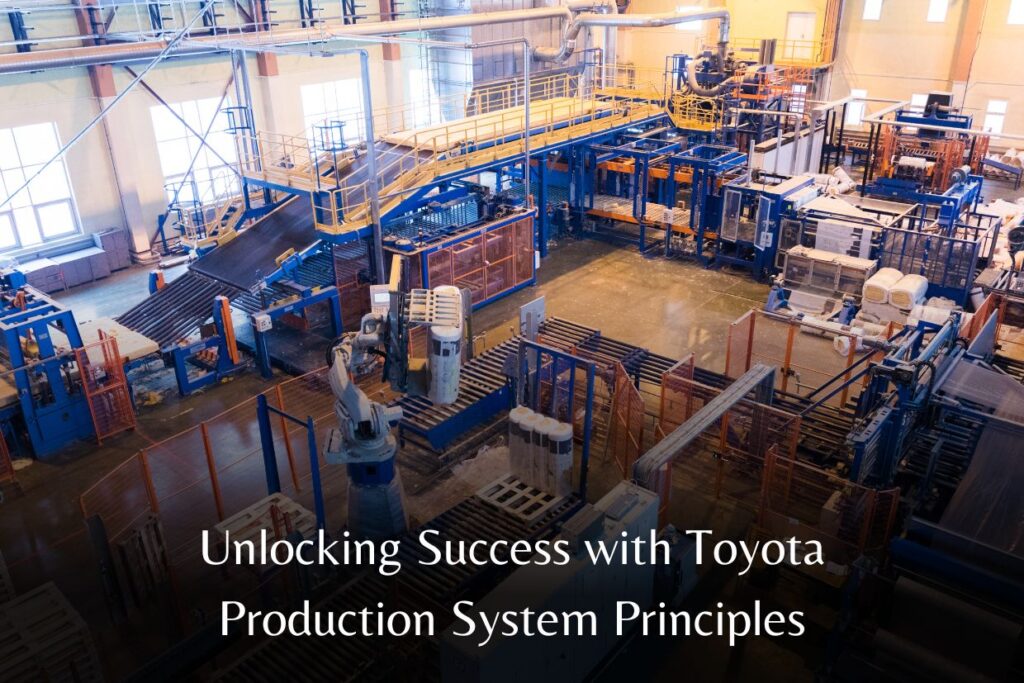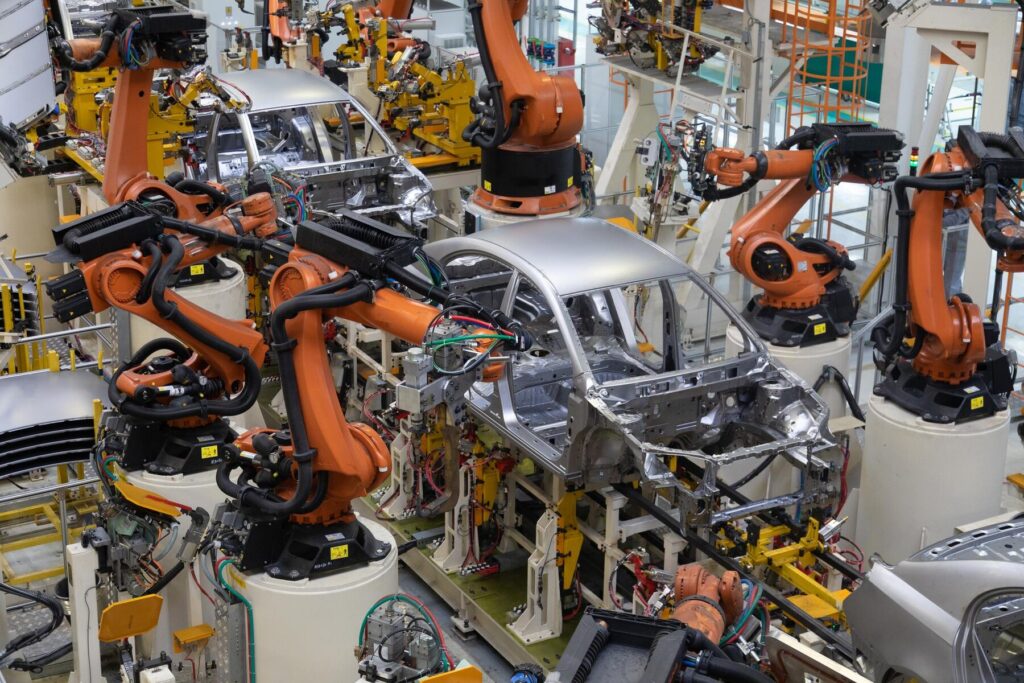The Toyota Production System (TPS) is a paragon of efficiency, innovation, and operational brilliance. Originally conceived by Toyota, this lean manufacturing framework has transcended the automotive industry, revolutionizing various sectors such as healthcare, logistics, and service industries. By embedding the principles of continuous improvement, waste elimination, and synchronized production, the Toyota Production System offers organizations a proven pathway to long-term success. Embracing its methodology is not merely a choice but a strategic imperative for businesses striving for sustainable excellence.
The Foundation of Toyota Production System
TPS is the culmination of decades of refinement, blending Japanese manufacturing philosophies with pragmatic industrial solutions. Born out of post-war necessity, Toyota sought to develop a system that minimized waste while maximizing efficiency. This quest led to the inception of lean principles that have since become the gold standard in operational excellence. Today, TPS is synonymous with streamlined workflows, high-quality outputs, and relentless pursuit of perfection.
The Core Principles of the Toyota Production System
Three key tenets define TPS: Just-in-Time (JIT), Jidoka, and Kaizen. JIT ensures that production aligns seamlessly with demand, eliminating unnecessary inventory and reducing lead times. Jidoka, on the other hand, empowers automation while preserving human oversight, ensuring that quality is built into every stage of the process. Kaizen instils a culture of incremental yet perpetual improvements, fostering a workplace where innovation is a continuous endeavour.
Just-in-Time: Synchronizing Production and Demand
JIT is a strategic approach that transforms production by aligning output with real-time demand. By leveraging a pull-based system, JIT ensures that raw materials, components, and final products flow efficiently through the supply chain, reducing excess inventory and enhancing cost-effectiveness. Companies that successfully implement JIT experience reduced waste, optimized resource utilization, and enhanced responsiveness to market fluctuations.
Jidoka: Empowering Automation with Human Intelligence
Unlike conventional automation, Jidoka integrates human intelligence into the production process. Machines and operators work symbiotically, ensuring that any deviation from quality standards is immediately detected and rectified. This principle allows production lines to halt in case of defects, preventing costly errors and reinforcing a commitment to excellence. The empowerment of workers in quality assurance fosters accountability and enhances operational precision.
Kaizen: The Lifeblood of Continuous Improvement
Kaizen embodies the ethos of perpetual enhancement. Small, incremental changes accumulate over time, driving significant improvements in efficiency, quality, and innovation. Organizations that cultivate a Kaizen culture benefit from empowered employees, streamlined processes, and heightened adaptability. By encouraging teams to identify and resolve inefficiencies proactively, businesses solidify their foundation for long-term competitiveness.
The Role of Standardized Work in Toyota Production System
Standardization serves as the backbone of efficiency in TPS. By defining best practices and creating repeatable workflows, organizations can ensure consistency in their operations. Standardized work not only enhances productivity but also lays the groundwork for future innovation. When processes are clearly documented and optimized, employees can focus on problem-solving rather than redundancies.
Eliminating Waste (Muda) for Maximum Efficiency
At the heart of the Toyota Production System lies the principle of waste elimination. The system categorizes waste into seven distinct types, including overproduction, waiting, and unnecessary movement. Identifying and eliminating these inefficiencies transforms operations, leading to leaner, more agile workflows. Waste reduction strategies enable businesses to allocate resources effectively, ultimately driving profitability and customer satisfaction.
The Power of Visual Management in Toyota Production System
Visual management tools, such as Kanban and Andon systems, enhance operational transparency. Kanban ensures smooth workflow management by visually signalling production needs, while Andon lights provide real-time alerts for potential issues. These tools create a proactive work environment where problems are identified and addressed swiftly, minimizing disruptions and improving overall efficiency.
Implementing Toyota Production System Beyond Manufacturing
While TPS originated in the automotive industry, its principles have been successfully adapted across multiple sectors. Service industries, healthcare facilities, and even software development teams have integrated TPS methodologies to enhance efficiency and customer satisfaction. The integration of digital tools and AI further amplifies TPS’s impact, making it more relevant than ever in today’s technologically driven landscape.
Challenges in TPS Implementation
Despite its proven benefits, implementing the Toyota Production System is not without challenges. Resistance to change, lack of leadership commitment, and misconceptions about lean principles often hinder its adoption. Addressing these obstacles requires a well-structured approach, clear communication, and continuous training. Ensuring adherence to TPS principles demands a cultural shift towards lean thinking at every level of the organization.
Conclusion
The Toyota Production System is more than a manufacturing methodology. It is a philosophy of excellence that fosters agility, quality, and continuous growth. Businesses that embrace TPS principles unlock unparalleled efficiency and resilience in an ever-evolving marketplace. As organizations seek to optimize their operations, the wisdom of TPS, championed by institutions like the Center for Lean Excellence, offers an invaluable blueprint for success. By adopting its principles, companies can cultivate a culture of innovation and efficiency, ensuring their place in the competitive global economy.
References
Toyota Production System Overview
- An official overview of TPS detailing its principles and implementation strategies. https://global.toyota/en/company/vision-and-philosophy/production-system/index.html
Toyota Production System Handbook
- A comprehensive PDF guide covering the basics of TPS, including its history and core concepts. https://artoflean.com/wp-content/uploads/2019/01/Basic_TPS_Handbook.pdf
Introduction to the Toyota Production System (MIT Lecture Notes)
- Lecture notes from the Massachusetts Institute of Technology providing an academic perspective on TPS. https://web.mit.edu/2.810/www/files/lectures/lec14-intro-to-tps.pdf




